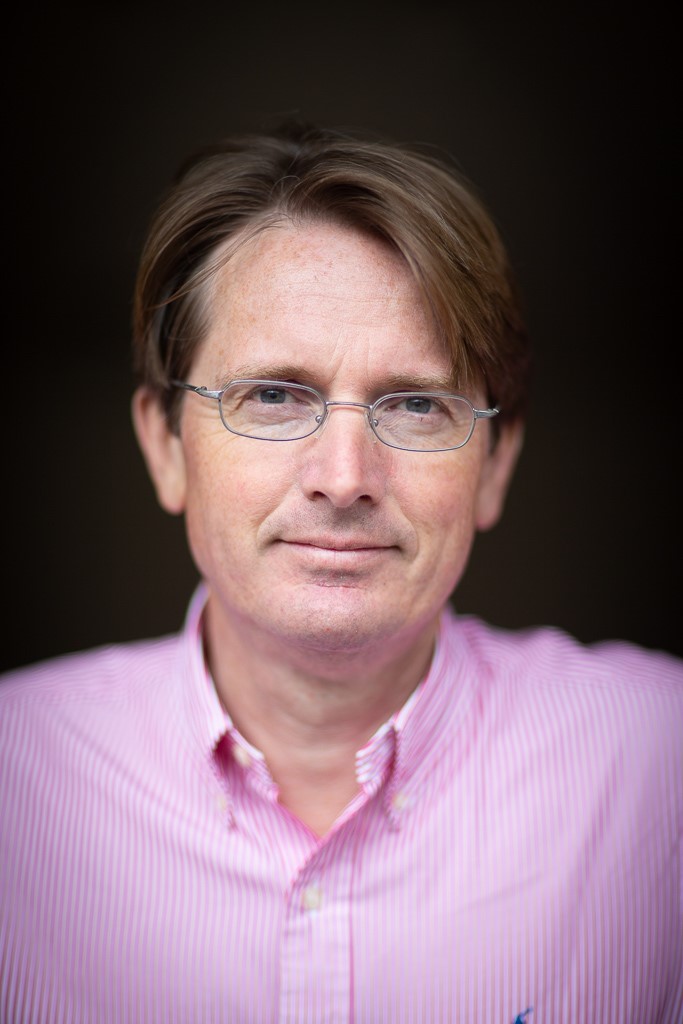About the Seminar
It is widely recognized that dynamic environmental systems should preferably be monitored in situ, as traditional sampling and off-site analysis will invariably alter local equilibria, especially with chemical species that are kinetically labile and reactive. Unfortunately, very few such species can today be monitored reliably, as only pH sensors are integrated in the ubiquitous CTD (conductivity–temperature–depth) probes.
This presentation will show how advances in fundamental concepts in our chemical research laboratory are being integrated into field deployable devices. Development of all solid state ion sensors have recently made it possible to construct robust in situ potentiometric sensing probes, for example for the profiling of ammonium in stratified lakes. Exhaustive thin layer electrochemistry started out as a fundamental idea to achieve increased robustness, as Faraday’s law dictates that this is a potentially calibration free method. It has now been demonstrated in freshwater and marine field deployments to be a promising methodology for the direct detection of total alkalinity and chlorinity. Thin layer electrochemistry provides an attractive solution for in line desalination and acidification, allowing one to detect nutrients in seawater by direct potentiometry.
The last part of the talk will move the discussion to the development of imaging tools for the spatially resolved observation of chemical dynamics. Our group is currently working on closed bipolar electrodes to achieve this goal, using an array of ion-selective electrodes that are electrically detached from the power source. This may allow one eventually to control an array of sensors by a single potentiostat and using imaging cameras for detection.
About the Speaker
Eric Bakker is professor of analytical chemistry at the University of Geneva. He earned his Ph.D. at ETH Zurich in Switzerland in 1993 and subsequently spend 14 years in the U.S., initially for a postdoc at the University of Michigan, then a tenure track faculty position Auburn University where he rose to the rank of full professor. He then moved to Purdue University in West Lafayette and left the U.S. for Curtin University in Perth, Australia before moving to his current position in Switzerland in 2010. His research interests are in Analytical Chemistry, particularly the use of molecular recognition and phase transfer principles to design optical and electrochemical sensors. In recent years, his main interest was to apply sensor concepts for in situ environmental analysis. He has published over 300 papers that have been globally cited more than 20,000 times. He serves as an Associate Editor for the journal ACS Sensors.



